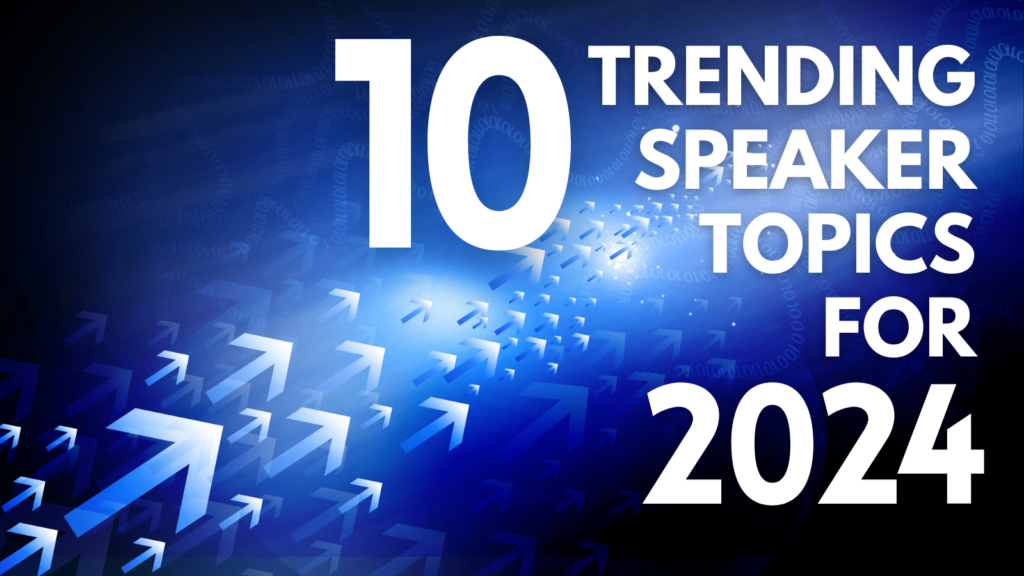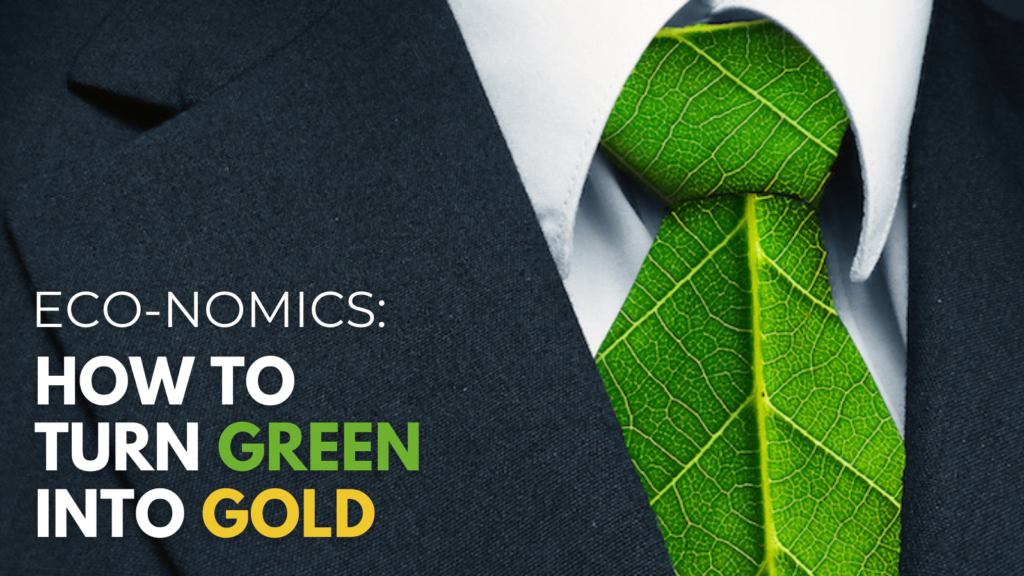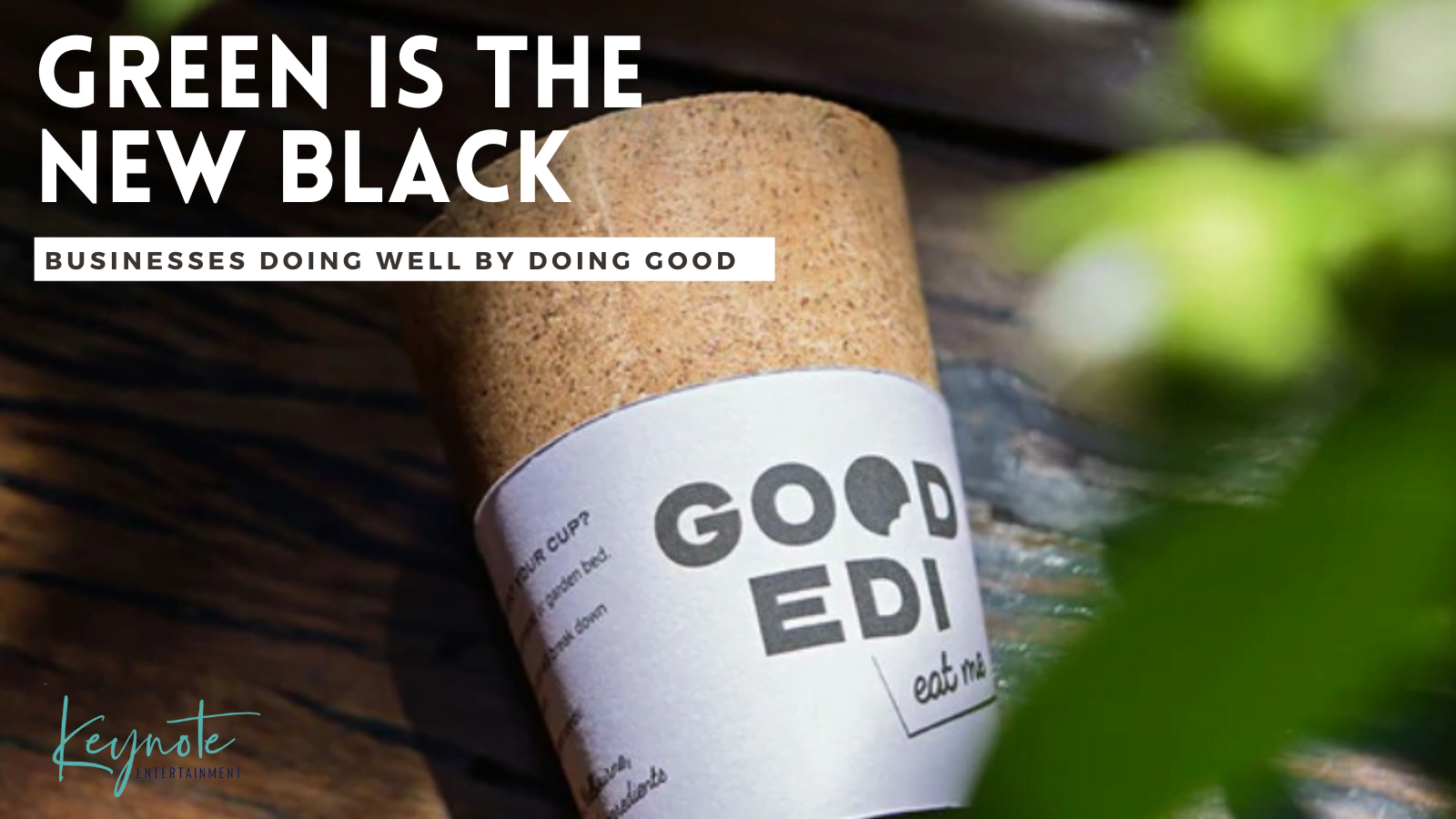Eco-Nomics: How to Turn Green into Gold
Green is the New Black: Businesses Doing Well by Doing Good
“When the wind blows there are those that build walls and then there are those that build windmills.” – Chinese proverb Gone are the days when the quest for profit comes at the expense of people and the planet. Corporate social responsibility (CSR) and sustainability aren’t just nice-to-haves on the annual report anymore – these …
Continue reading “Green is the New Black: Businesses Doing Well by Doing Good”



